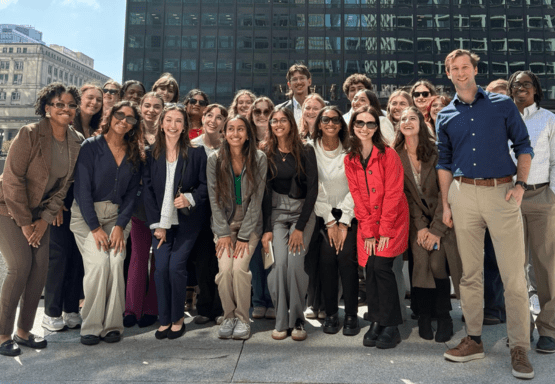Ethan Biederman (he/him/his) is a junior majoring in International Relations, and Comparative Cultures and Politics in James Madison College, and Arabic in the College of Arts and Letters, with a minor in Applied Development in International Agriculture and Natural Resources. Outside of the classroom, he is the president of MSUIRO, MSU's international relations organization and competitive Model United Nations team; and is involved in MSUMUN, the university’s Model United Nations team; and the Concert Orchestra.
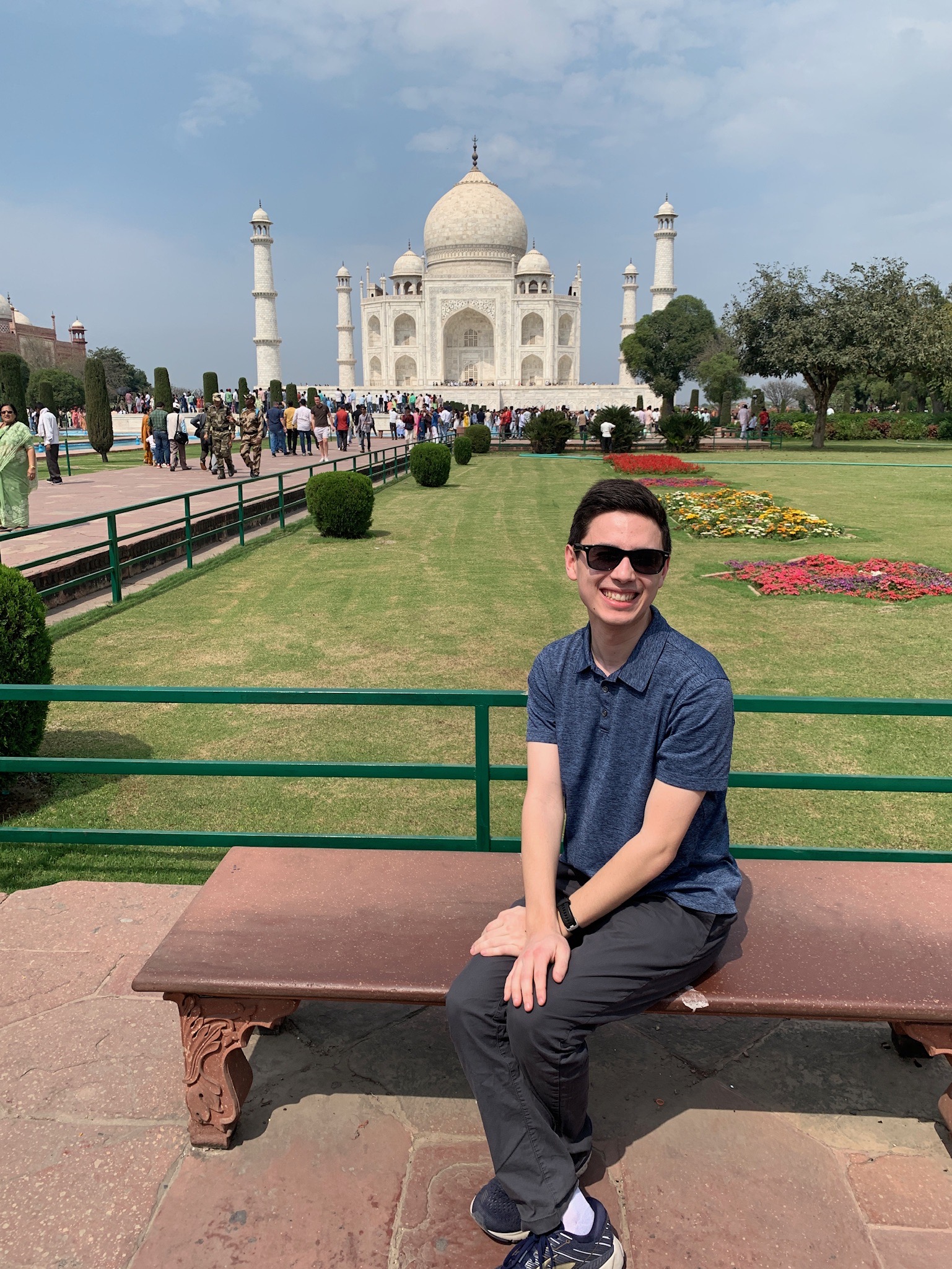
As a student of both International Relations (IR) and Comparative Cultures and Politics (CCP), making decisions about what sector of the vast international affairs field to specialize in has never been easy for me. I have started numerous minors and left many of them to be unfinished by the time I graduate. My experience in India this spring break as a part of the Madison Diversity Leadership Program, however, solidified my interest in the development sector and helped me to decide where I want to keep my focus during the rest of my time at MSU and beyond.
For years, traveling to India to enjoy the delicious food, try authentic chai and see the incredible sites has been a bucket list item for me, but this trip was about more than just that. It was about experiencing the world’s most populous democracy, seeing how India’s people engage with their government and learning how civil society organizations work tirelessly to empower communities of lower socioeconomic status to stand up for themselves and make their own path to a higher quality of life.
For two weeks, we were hosted by an amazing civil society organization, the Society for Participatory Research in Asia (PRIA), which organized eye-opening field visits for us to discover the workings of participatory action in development work in Delhi and Varanasi. In university, we are implicitly taught that as we learn more about our chosen field, we become experts and know what the best course of action is to address the many problems in our world.
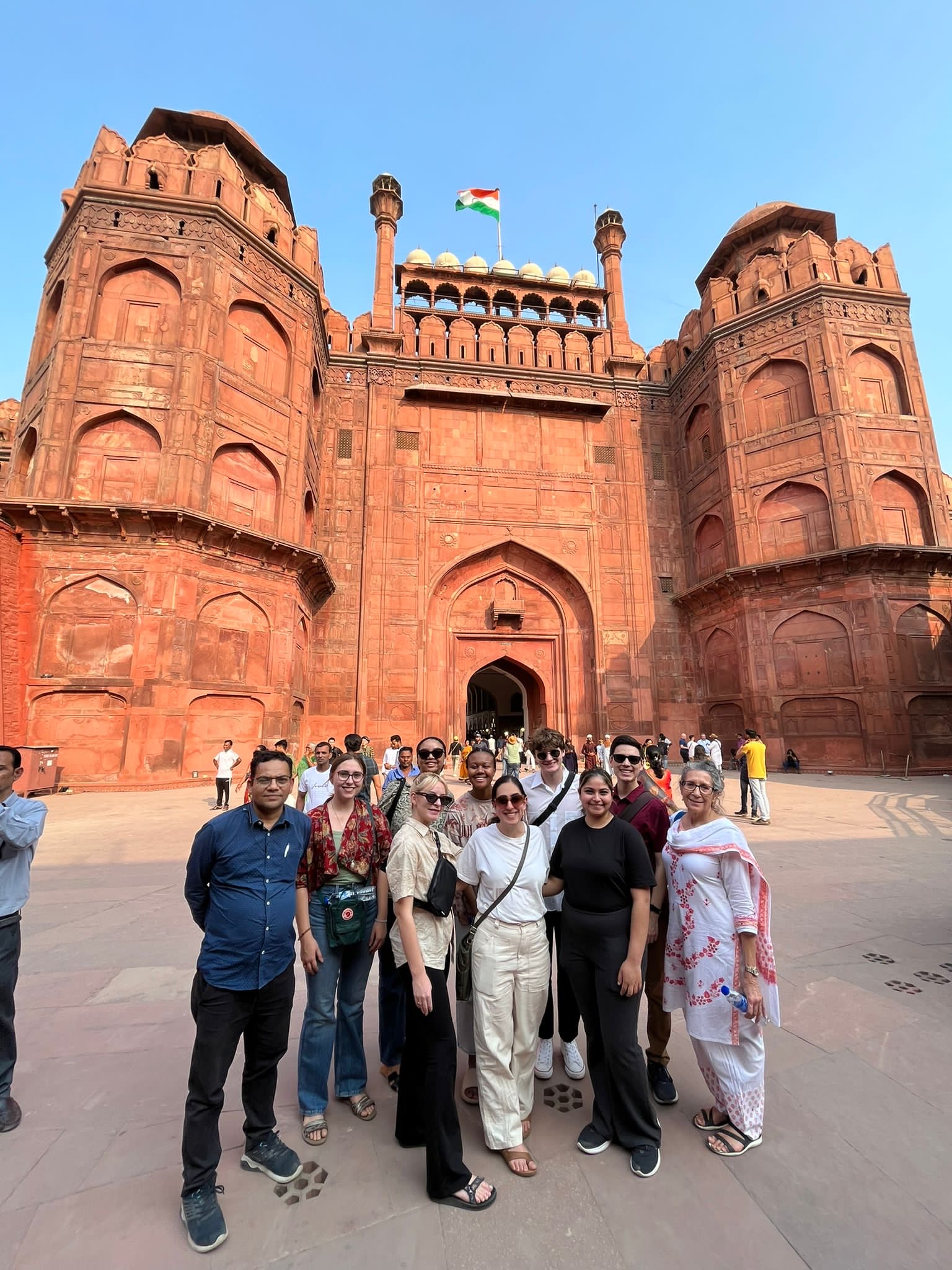
Participatory action, the hallmark of PRIA’s work, challenges this narrative and forces us to engage a community in its own development and recognize that so-called experts do not know what is best for a specific community. I found this perspective to be extremely interesting and important, as it challenges predominant narratives about development and about politics as a whole. Every person, even if they have not completed formal education, possesses invaluable knowledge about their community.
During one of our field visits, we met with a group of women who were employed in domestic work in Delhi. PRIA wanted to work with them to develop a project that could supplement their income. Instead of making assumptions about the best way to offer support, the leaders in PRIA sat down with the women and listened to what the women wanted and needed to increase their income. In the end, the women decided on a sewing business that is now thriving, with the women gaining new skills and more money to help their families.
This experience goes to show how important it is to empower people to take charge of their own development and not impose an outside perspective upon them. It is a point of view that we should all take forward into our careers: Just because we went to university and studied these topics does not mean that we know what is best for others. Instead, we have a responsibility to engage with people in meaningful dialogue to work together to plan an impactful course of action.

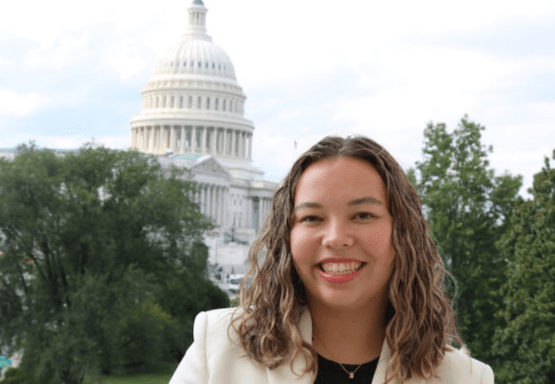
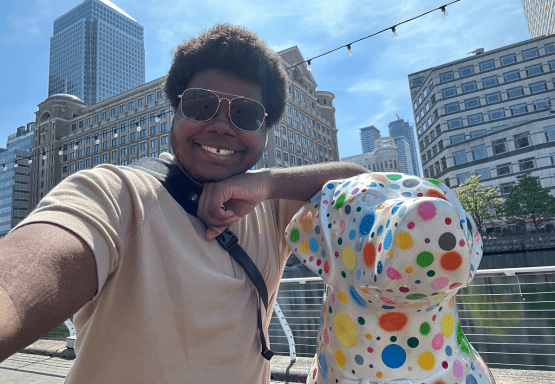
.png?h=384&iar=0&w=555)
